Contributors to the films
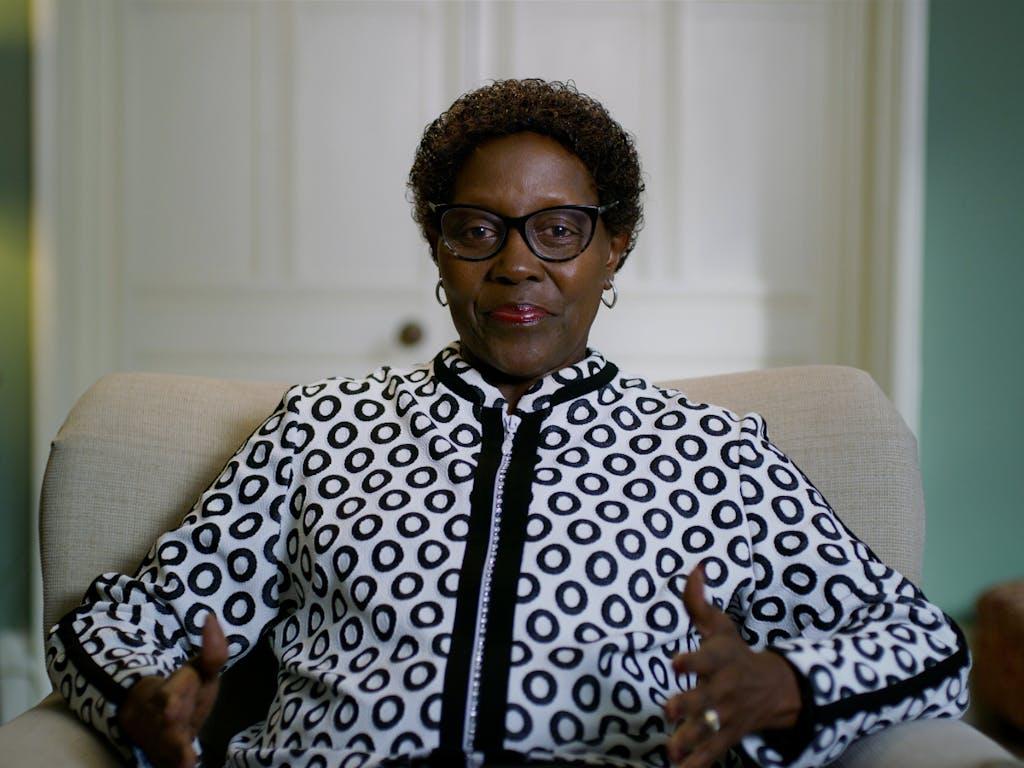

Elizabeth Maruma Mrema
Assistant Secretary-General of the United Nations and Deputy Executive Director of the UN Environment Programme– Banking on a Wilder Tomorrow, The Business of Nature, Hungry for Change
December 2022, the UN Secretary-General announced the appointment of Ms. Mrema of the United Republic of Tanzania as Assistant Secretary-General and Deputy Executive Director of the UN Environment Programme (UNEP). She assumed her responsibilities on 15 February 2023. Prior to this role, Ms. Mrema served as the Executive Secretary of the Secretariat for the Convention on Biological Diversity. Ms. Mrema has additionally served in various capacities in her two decades at UNEP, including as the Director of the Law Division and the Deputy Director of the Ecosystems Division. Currently, she is also the co-chair of the Task Force on Nature-related Financial Disclosures.
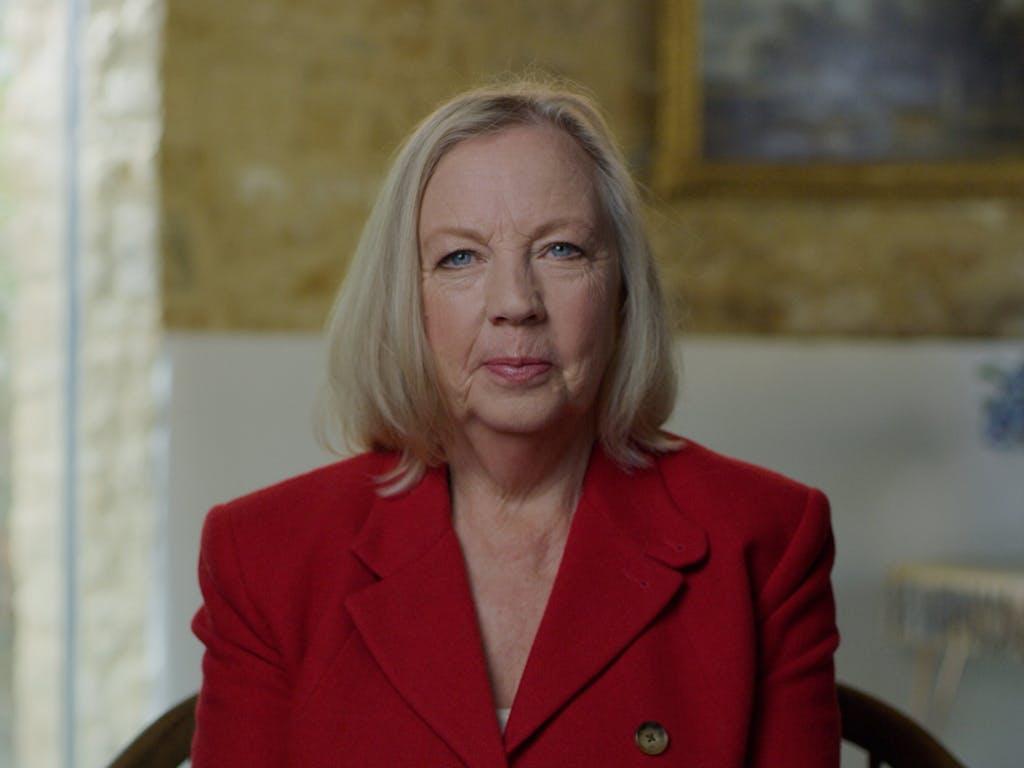

Deborah Meaden
Deborah Meaden, Business Leader and Investor – Banking on a Wilder Tomorrow, The Business of Nature, Catch-22, Hungry for Change
Businesswoman, investor and TV Dragon, Deborah Meaden is a longstanding supporter of a range of environment causes and an advocate on the crucial role businesses can play in a sustainable future. Deborah is championing the Save our Wild Isles campaign to tackle the UK nature crisis and its call to action for businesses to help lead the way to a Net Zero and Nature Positive future.
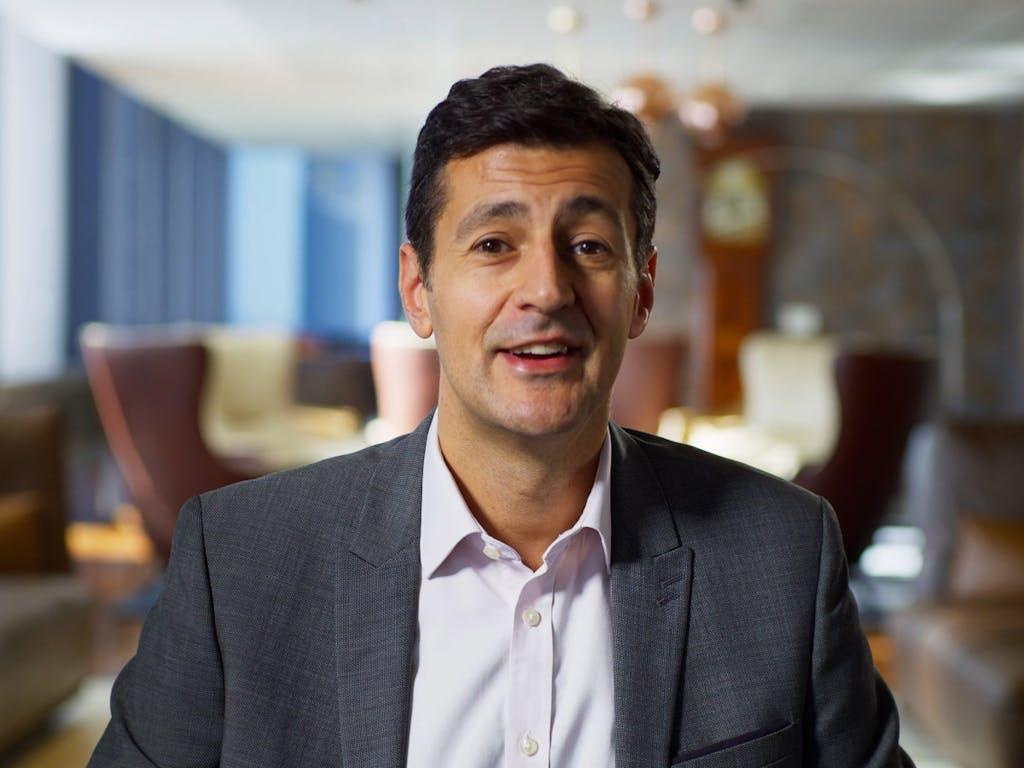

Sacha Sadan
Sacha Sadan, Director of Environmental, Social and Governance, Financial Conduct Authority – Banking on a Wilder Tomorrow
Sacha Sadan is the Director of ESG at the FCA (Financial Conduct Authority). Facilitating the UK financial regulator to embed ESG across the wide spectrum of regulatory activities and reporting to the CEO. He has been named a City Influencer by Financial News as one of the biggest 25 names who have been instrumental in shaping the UK's financial services industry, and has also recently been appointed an Honorary Professor at the Alliance Manchester Business School at The University of Manchester. Previously Sacha was Director of Investment Stewardship (10 years) and on the board at LGIM, one of the world’s largest asset managers. Sacha had responsibility for investment stewardship, including environmental, social and governance (ESG).
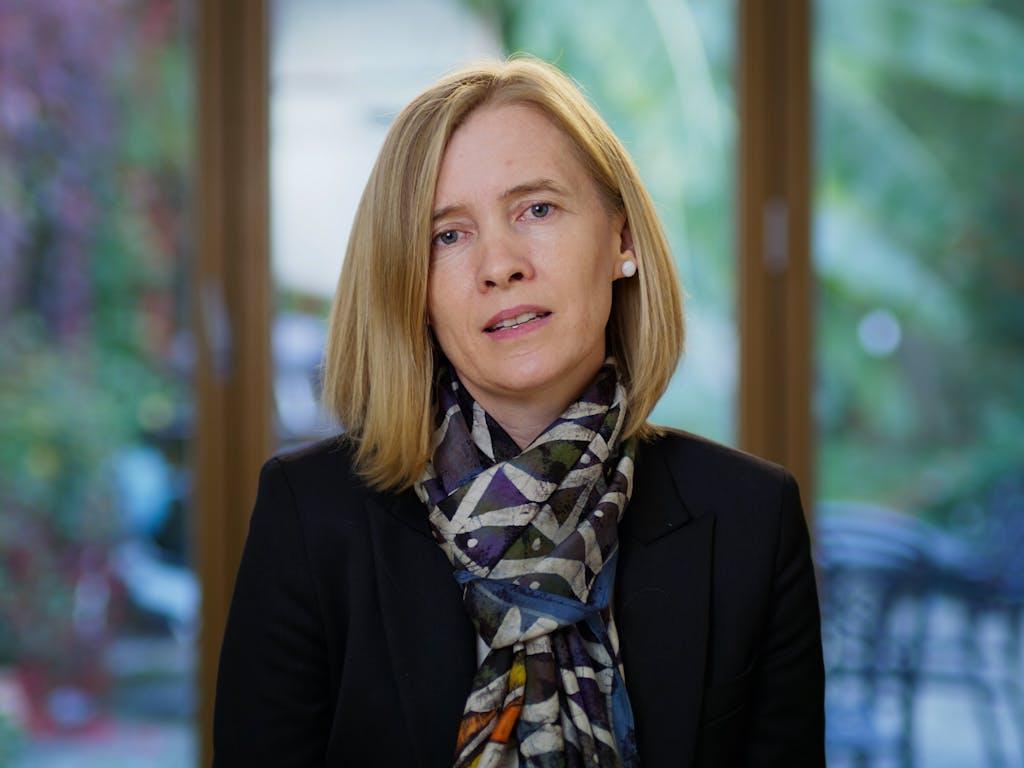

Emily McKenzie
Emily McKenzie, Technical Director, Taskforce on Nature-related Financial Disclosures (TNFD) Secretariat – The Business of Nature, Hungry for Change
Emily is the Technical Director at the TNFD Secretariat where she oversees the technical development of the TNFD framework for management and disclosure of nature-related risks. She has worked for 20 years integrating nature in policy, finance, economics and decision-making. Most recently, she led the analytical team that produced the independent, global Dasgupta Review on the Economics of Biodiversity, based at HM Treasury – the UK economics and finance ministry. Emily was previously seconded to the Capitals Coalition, where she helped develop the Natural Capital Protocol in its Technical Group. She gained Masters degrees in International Policy at Stanford University and Economics at the University of Cambridge.
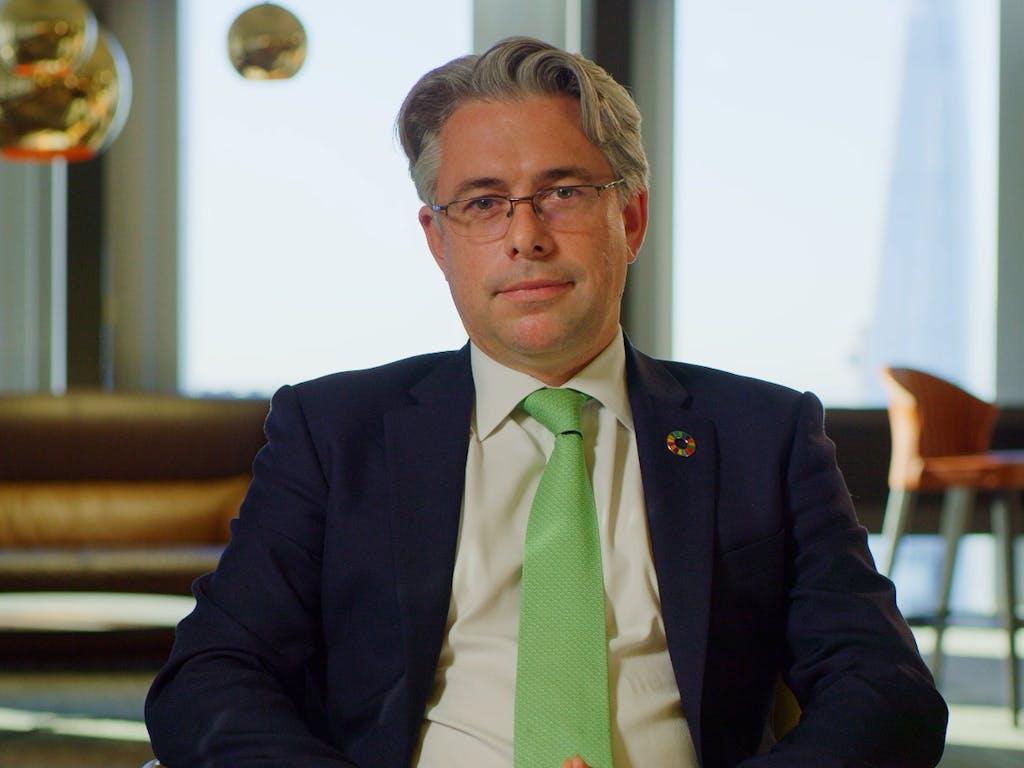

Steve Waygood
Dr Steve Waygood, Chief Responsible Investment Officer, Aviva Investors – Banking on a Wilder Tomorrow, The Business of Nature
Steve has worked for Aviva Investors for the past 17 years, where he founded its Global Responsible Investment team and its Sustainable Finance Centre for Excellence, seeking to transform capital markets to become more sustainable. He also co-founded the Corporate Human Rights Benchmark, the World Benchmarking Alliance, and the UN Sustainable Stock Exchange Initiative.
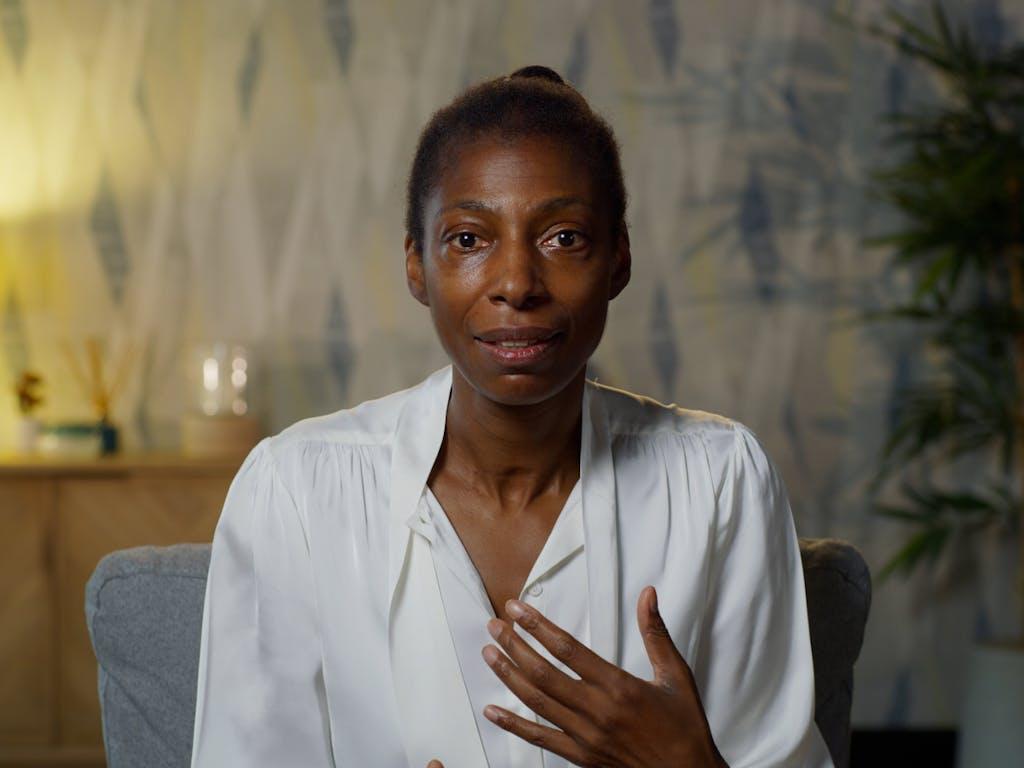

Sharon White
Dame Sharon White, Chairman, John Lewis Partnership – Banking on a Wilder Tomorrow, The Business of Nature, Hungry for Change
Sharon became the Partnership's sixth Chairman in February 2020. She moved from Ofcom, the UK's communications regulator, where she served as Chief Executive. Before joining Ofcom, Sharon was Second Permanent Secretary at the Treasury, responsible for overseeing public finances. She also held Board-level positions at the Ministry of Justice and the Department for International Development, worked as an adviser at the Prime Minister's Policy Unit and in Washington DC as a senior economist at the World Bank. Sharon is a non-executive Board member of Barratt Developments Plc. She is a trained economist and studied at Cambridge University and University College London.
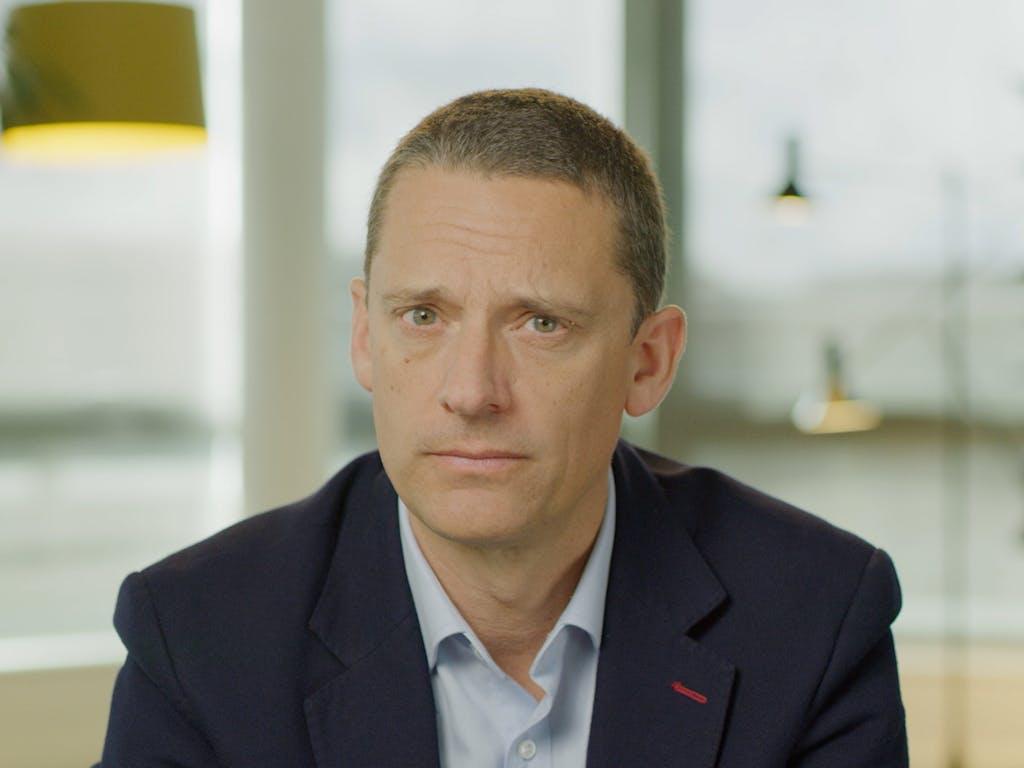

Bevis Watts
Dr Bevis Watts, CEO, Triodos Bank UK – Banking on a Wilder Tomorrow, Hungry for Change
Bevis has spent his whole career working in sustainability in public, private and voluntary sectors. He has led Triodos Bank UK – recognised as the UK’s most sustainable banking provider by several consumer watchdogs and rankings – since April 2016. Prior to Triodos, he was Chief Executive of Avon Wildlife Trust and Head of Business Support at WRAP. In 2022 he published his first book River Journey with the author proceeds donated to conservation charities.
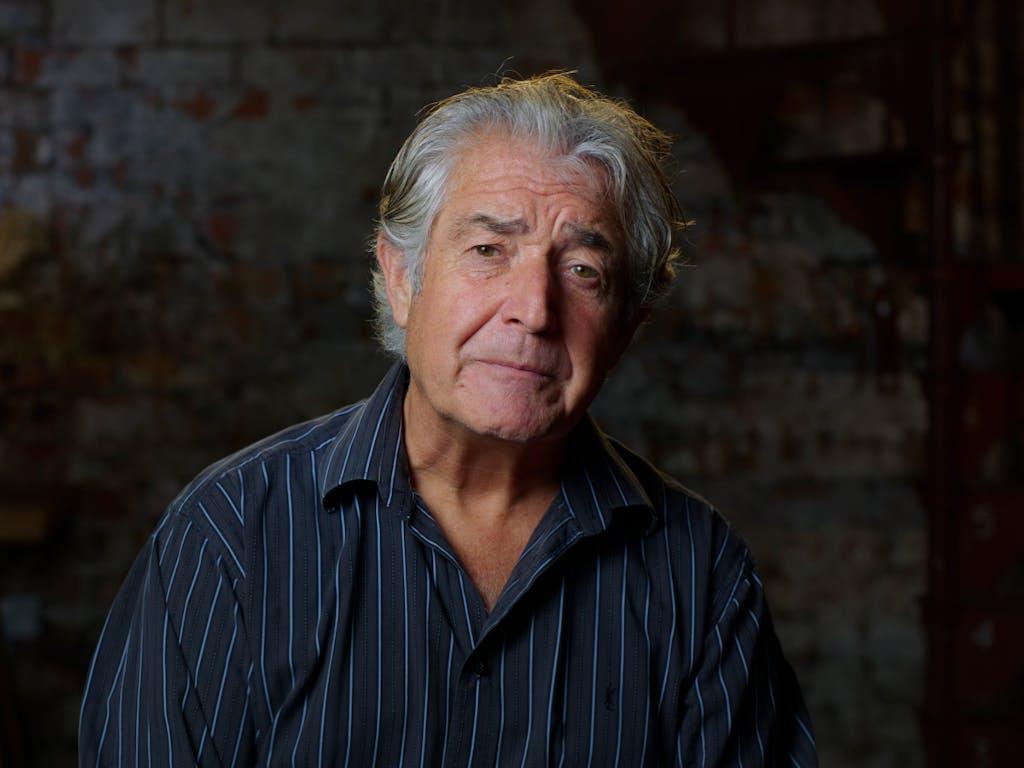

Tony Juniper
Dr Tony Juniper CBE, Chair, Natural England – Banking on a Wilder Tomorrow, The Business of Nature, Hungry for Change
Dr Tony Juniper CBE is the Chair of Natural England and Fellow with the University of Cambridge Institute for Sustainability Leadership. Formerly Director at Friends of the Earth and President of the Wildlife Trusts, he has written many books, including the multi-award-winning bestseller What has Nature Ever Done for Us? published in 2013.
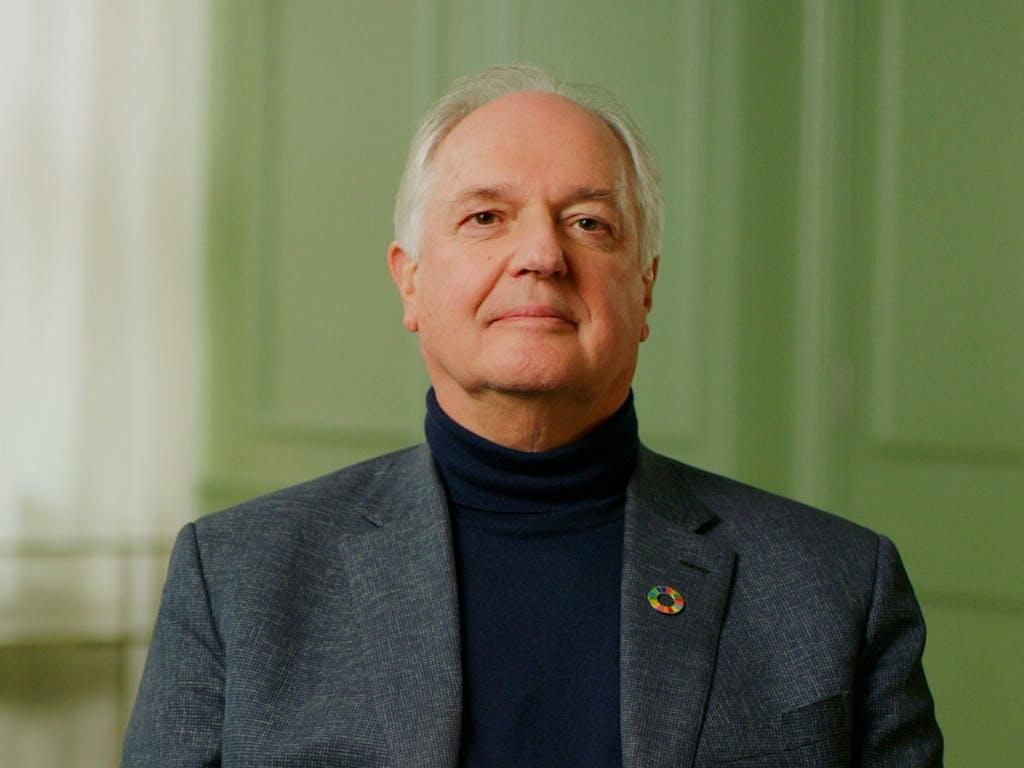

Paul Polman
Paul Polman, Business leader, campaigner, co-author of Net Positive – The Business of Nature
Paul Polman works to accelerate action by business to tackle climate change and inequality. As CEO of Unilever (2009-2019), he demonstrated that business can profit through purpose, delivering shareholder returns of 290% while the company consistently ranked 1st in the world for sustainability. Today he works across a range of organisations to deliver the UN Sustainable Development Goals, which he helped develop.
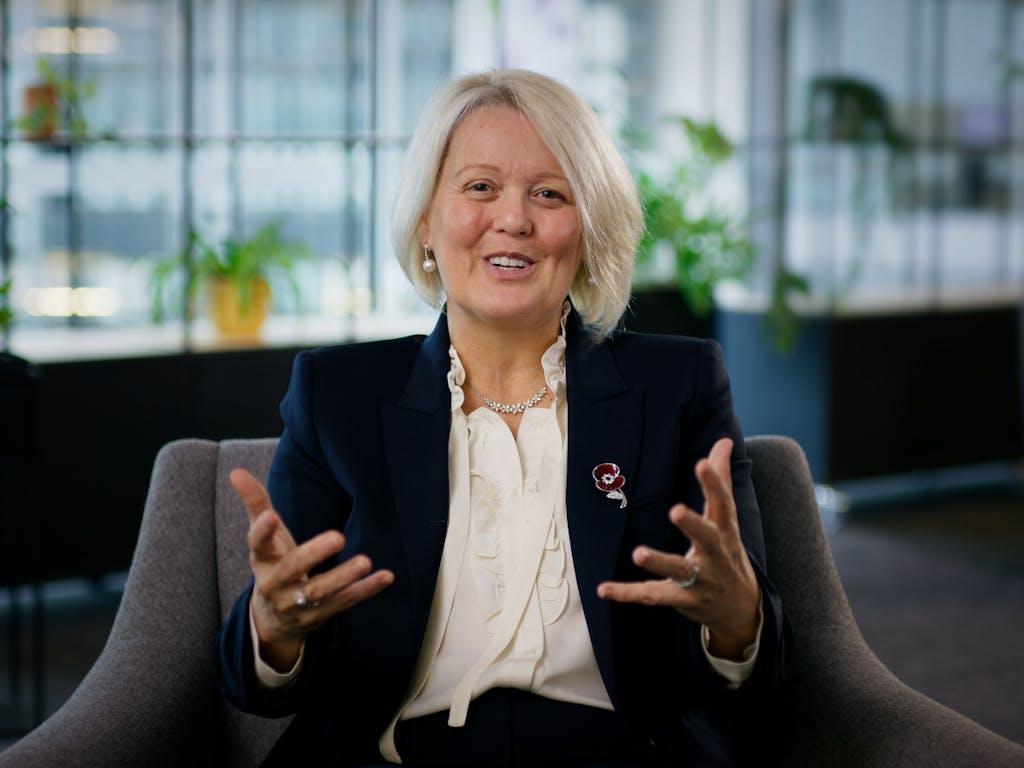

Alison Rose
Alison Rose DBE, former Chief Executive Officer, NatWest Group – Banking on a Wilder Tomorrow, Hungry for Change
Alison helped lead NatWest Group's progress and performance as a purpose-led organisation, from when NatWest Group's purpose was announced in February 2020 to July 2022. She co-leads both the UK government's Energy Efficiency Taskforce and its Rose Review Board for female entrepreneurship, and is a non-executive director of the Sustainable Markets Initiative, and of Great Portland Estates plc. She was appointed Dame Commander of the British Empire in the 2023 New Year's Honours List.


Maria Carvalho
Dr Maria Carvalho Head of Climate Economics and Data, NatWest Group – Banking on a Wilder Tomorrow, Hungry for Change
Maria works in NatWest Group’s Climate Centre of Excellence to develop financial solutions to help our clients get to net zero. She has over 13 years of experience researching and advising governments, international institutions, and the private sector in addressing climate challenges amid rapid technological and societal change. She has worked previously for New Energy Finance (in the carbon markets team), and Grantham Research Institute on Climate Change and the Environment at the London School of Economics and Political Science.
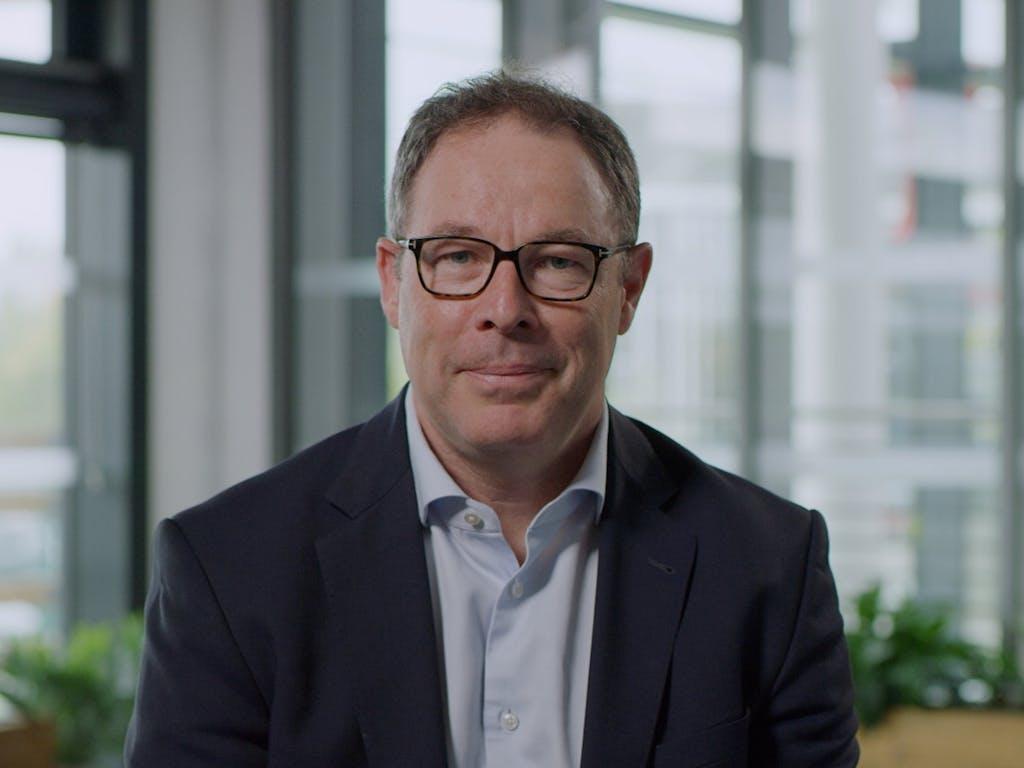

Ken Murphy
Ken Murphy, Group Chief Executive, Tesco – The Business of Nature, Hungry for Change
Ken joined Tesco as Group Chief Executive on 1 October 2020. Prior to joining Tesco, he worked for Walgreens Boots Alliance Inc for over 20 years in a number of senior management roles across the business.
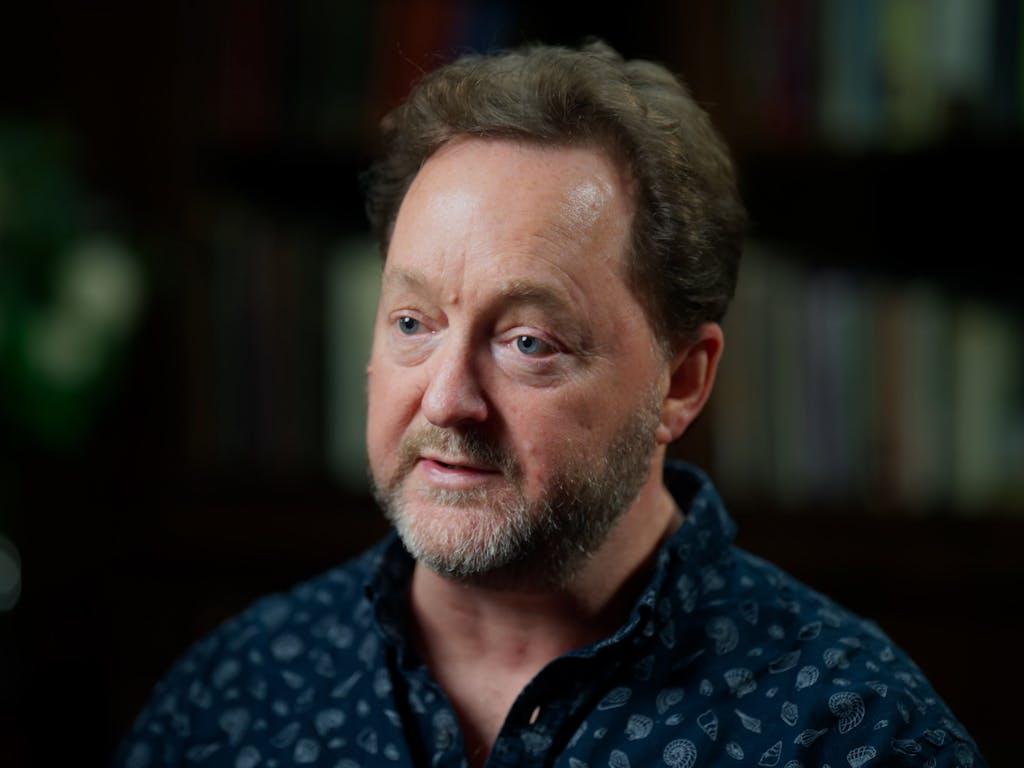

Bryce Stewart
Dr Bryce Stewart, Marine Ecologist, University of York – Catch-22
Bryce is a marine ecologist and fisheries biologist whose work has ranged from temperate estuaries to tropical coral reefs and the deep sea. He gained a BSc (Hons) in Zoology from the University of Melbourne, and a PhD in Marine Biology from James Cook University, before moving to the UK in 1999. The central thread in his research has been to gain an increased understanding of the factors regulating marine populations and communities to ensure their sustainable utilisation. His specialities include examining the utility of Marine Protected Areas for enhancing both conservation and fisheries, and improving fisheries policy and management by working with a wide range of stakeholders and the Government.
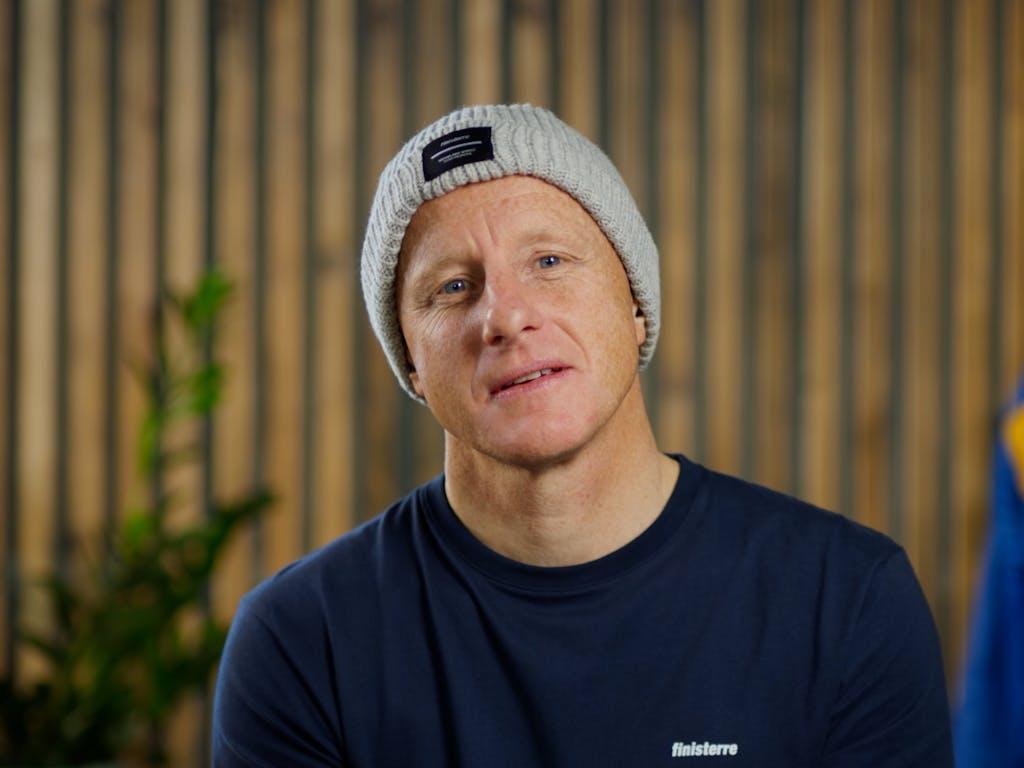

Tom Kay
Tom Kay, Founder of Finisterre – Catch-22
Tom Kay is the founder of Finisterre, a pioneering outdoor clothing company he started in 2003. Born from Tom’s love of the sea, as well as a desire to make exceptional products, Finisterre is known for its approach to innovation and sustainability. The brand is B Corp-certified and operates from its clifftop workshop in St Agnes, where Tom lives and is a volunteer RNLI lifeboat helm.
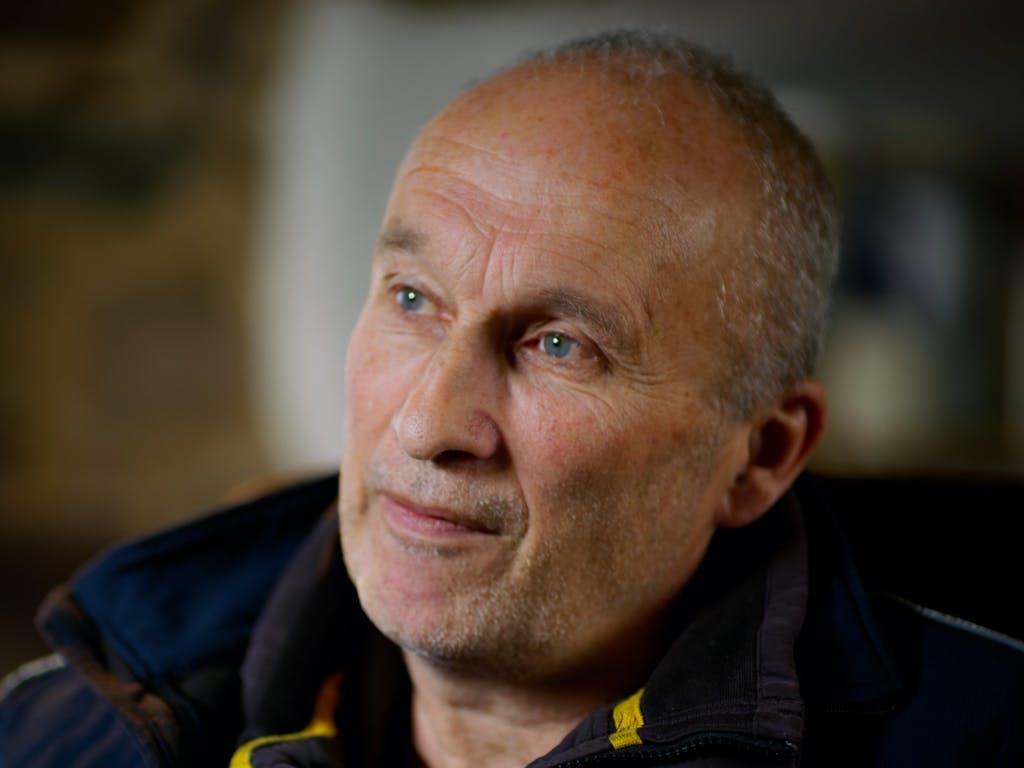

Owen Haines
Owen Haines, Co-Founder, Câr-Y-Môr – Catch-22
With farming in water being in Owen’s DNA and a reputation for inspiring people to transform fish farming businesses and making sites commercially viable, Owen brings a fresh perspective to the industry. He believes in farming in harmony with nature to start reversing the damage mankind has inflicted on our precious planet. His goal is to create a positive environmental impact by championing innovative approaches, particularly in the realm of integrating land and sea farming to create a sustainable circular economy with the fishing and agricultural sectors.
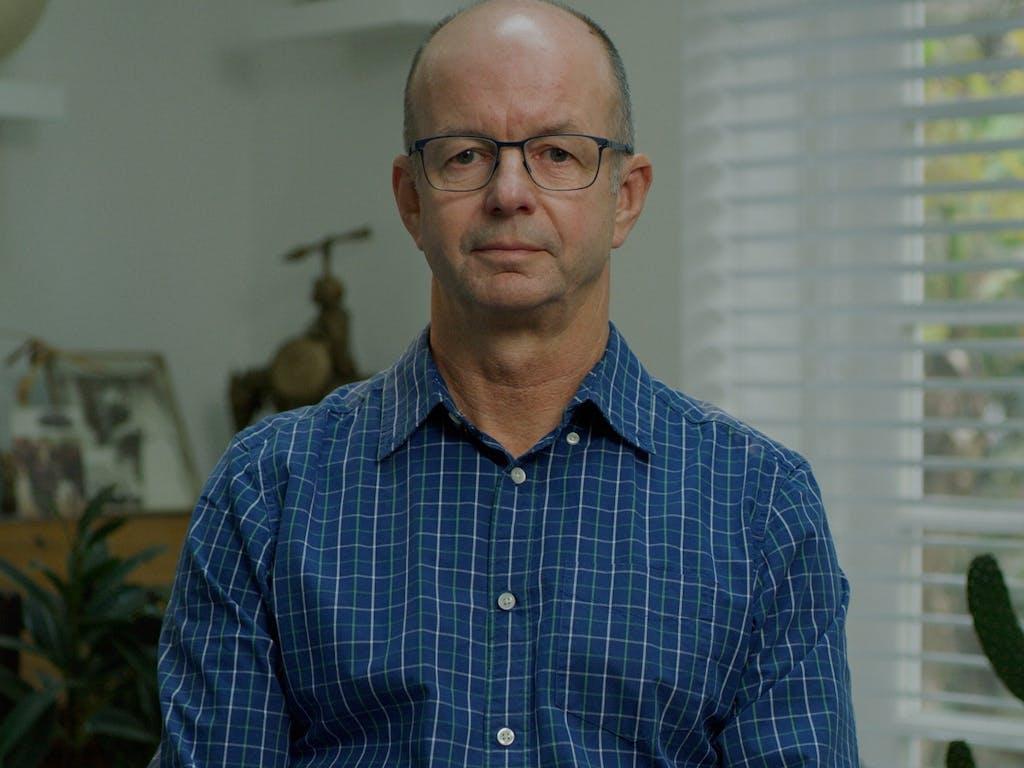

Dan Laffoley
Professor Dan Laffoley, Emeritus Marine Vice Chair, IUCN – Catch-22
Dan is Emeritus Marine Vice Chair of the World Commission on Protected Areas (WCPA). During his near two decades of work for WCPA, he led the increase of Marine Protected Areas (MPA) coverage from around 1.3% of the global ocean to the 8% seen today, the creation of the global 20-30% MPA target in the Durban Accord, and the ‘at least 30%’ MPA target at Sydney World Park Congress. During his tenure he was instrumental in forming the High Seas Alliance, in laying the basis for UNESCO’s marine World Heritage Programme, and creating such influential phrases as ‘marine and coastal carbon sinks’, ‘ocean risk’ and ‘natural solutions’. Working with his co-editor Professor John Baxter, he created publications for IUCN, focussed on elevating topics such as ‘ocean warming’ and ‘ocean deoxygenation’. Dan led the development of specific marine WCPA guidance on the International Union for Conservation of Nature (IUCN) Management Categories and created and led the development of IUCN’s MPA Standards.
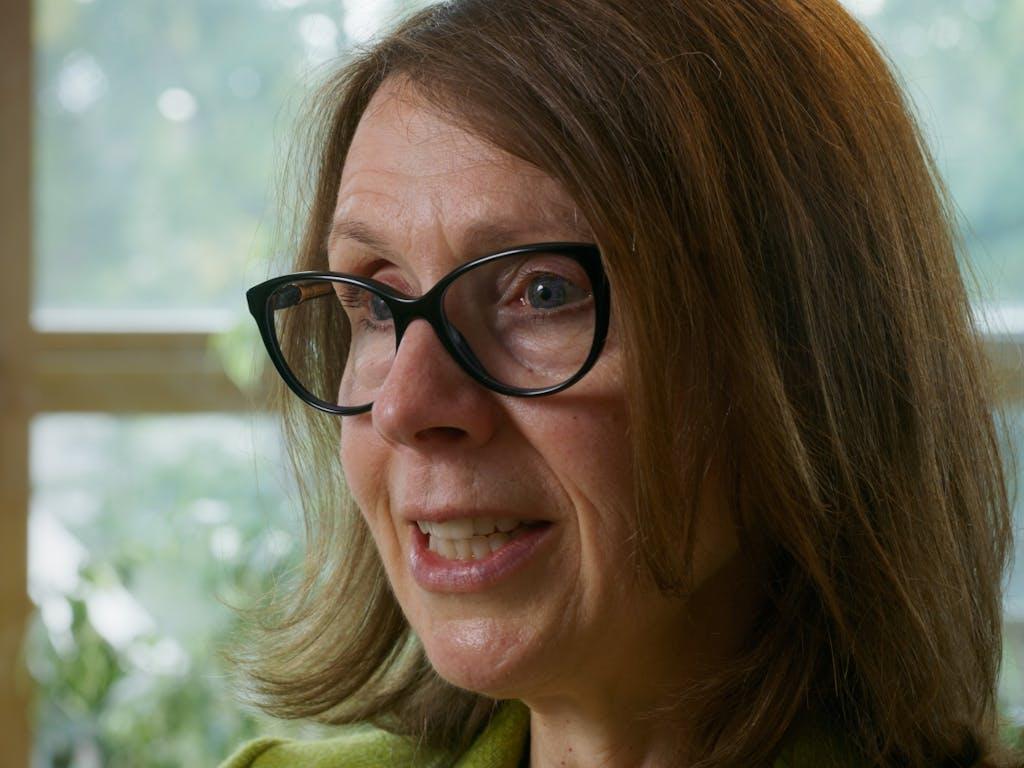

Sue Riddlestone
Sue Riddlestone OBE, Chief Executive, Bioregional – The Business of Nature
Sue Riddlestone OBE is Chief Executive and co-founder of Bioregional. Along with Bioregional she works with clients to create homes, communities and eco-products and services to achieve One Planet Living®. In 2013 Sue was awarded an OBE for her work on sustainable business and the London 2012 Olympic Games.
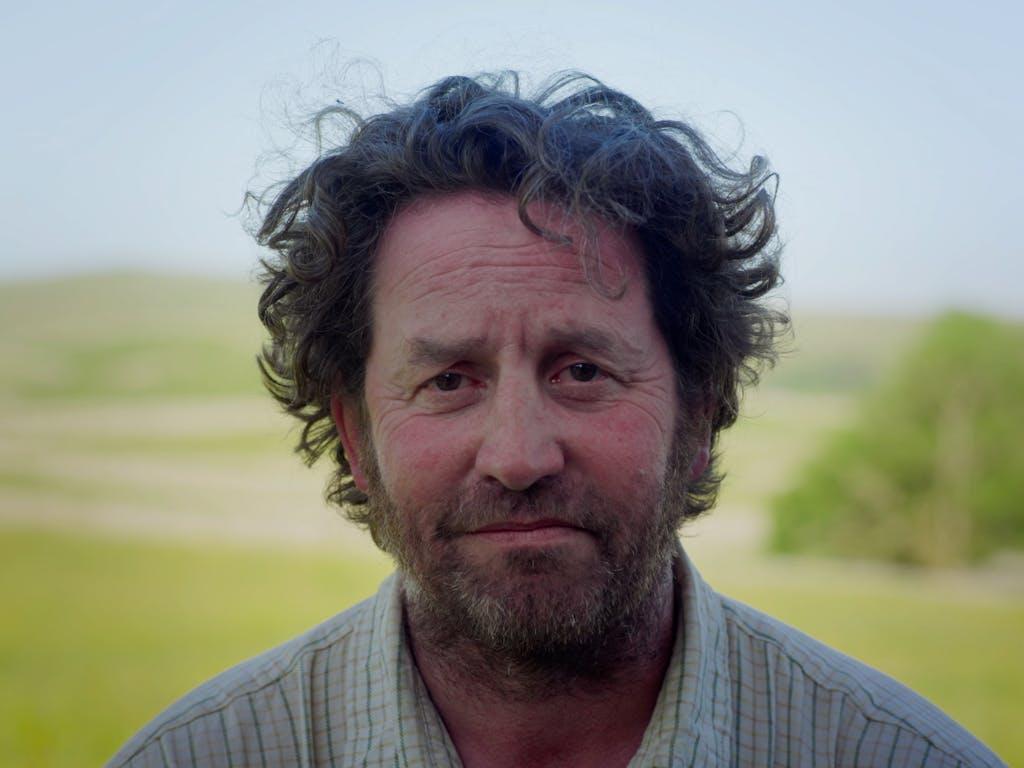

Neil Heseltine
Neil Heseltine, farmer, Hill Top Farm, North Yorkshire – Hungry for Change
Neil became part of the Limestone Country Project 15 years ago to reverse land damage after intensive sheep farming. Neil, who is part of the Nature Friendly Farming Network, reduced his flock down from 800 sheep to just 100 and brought in belted Galloway cattle to help create a diverse mix of habitats. Belted Galloways pull at clumps of grass, disturbing the ground so wildflowers can prosper. During summer, the wildflower fields are left empty, giving endangered ground-nesting birds (such as curlews) a safe place to breed. Since Neil made nature-positive changes at Hill Top, biodiversity has increased and the farm now captures more carbon than it releases.
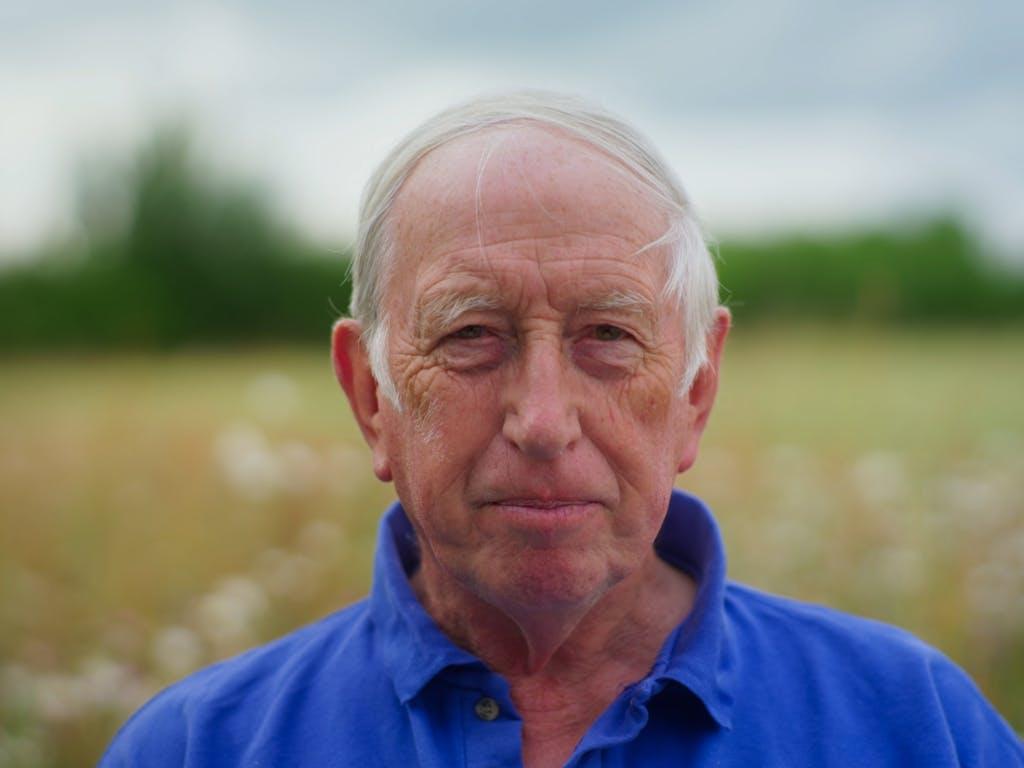

David Barker
David Barker, farmer, Lodge Farm, Suffolk – Hungry for Change
The Barkers farm 1,300 acres of arable land. They’re proof that it’s possible to farm intensively while also restoring our wild isles. Healthy soil is a priority at Lodge Farm, because it supports a wider range of wildlife, stores carbon and helps to prevent flooding and drought. The Barkers have encouraged good soil structure by reducing the amount they plough and minimising their use of pesticides. They’ve nurtured old hedgerows and planted new ones, restored ponds, and planted wildflowers on margins and meadows. They welcomed barn owls back to the farm in 2009 and now have five pairs breeding and successfully raising chicks.
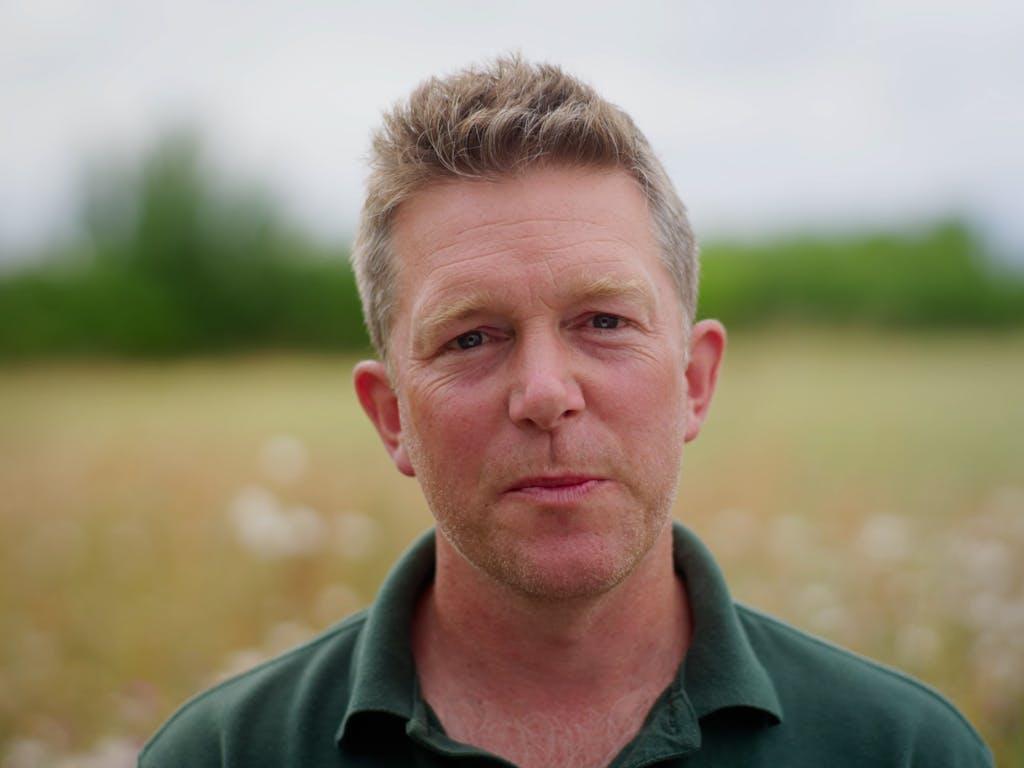

Patrick Barker
Patrick Barker, farmer, Lodge Farm, Suffolk – Hungry for Change
The Barkers farm 1,300 acres of arable land. They’re proof that it’s possible to farm intensively while also restoring our wild isles. Healthy soil is a priority at Lodge Farm, because it supports a wider range of wildlife, stores carbon and helps to prevent flooding and drought. The Barkers have encouraged good soil structure by reducing the amount they plough and minimising their use of pesticides. They’ve nurtured old hedgerows and planted new ones, restored ponds, and planted wildflowers on margins and meadows. They welcomed barn owls back to the farm in 2009 and now have five pairs breeding and successfully raising chicks.
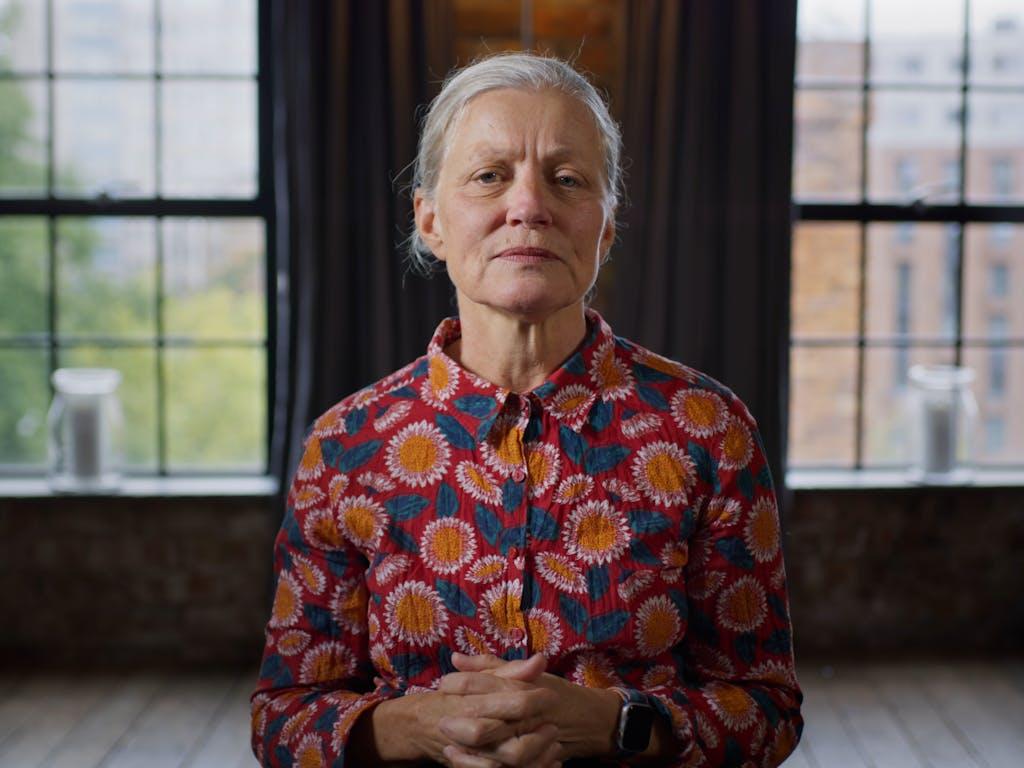

Emma Howard Boyd
Emma Howard Boyd CBE, Chair, Green Finance Institute
Emma has had an extensive career in financial services at the forefront of the climate change, environmental and sustainable finance agenda. She was Chair of the Environment Agency and an ex-officio board member of the Department for Environment, Food and Rural Affairs from 2016 to 2022. She is currently Chair of the Green Finance Institute, an Adviser to the Board of Trade, and a UN Global Ambassador for Race to Zero and Race to Resilience. Emma serves on several boards and advisory committees including: The Major Projects Association, Climate Arc, and The European Climate Foundation. Emma was the UK Commissioner to the Global Commission on Adaptation from 2018 until its sunset in January 2021.
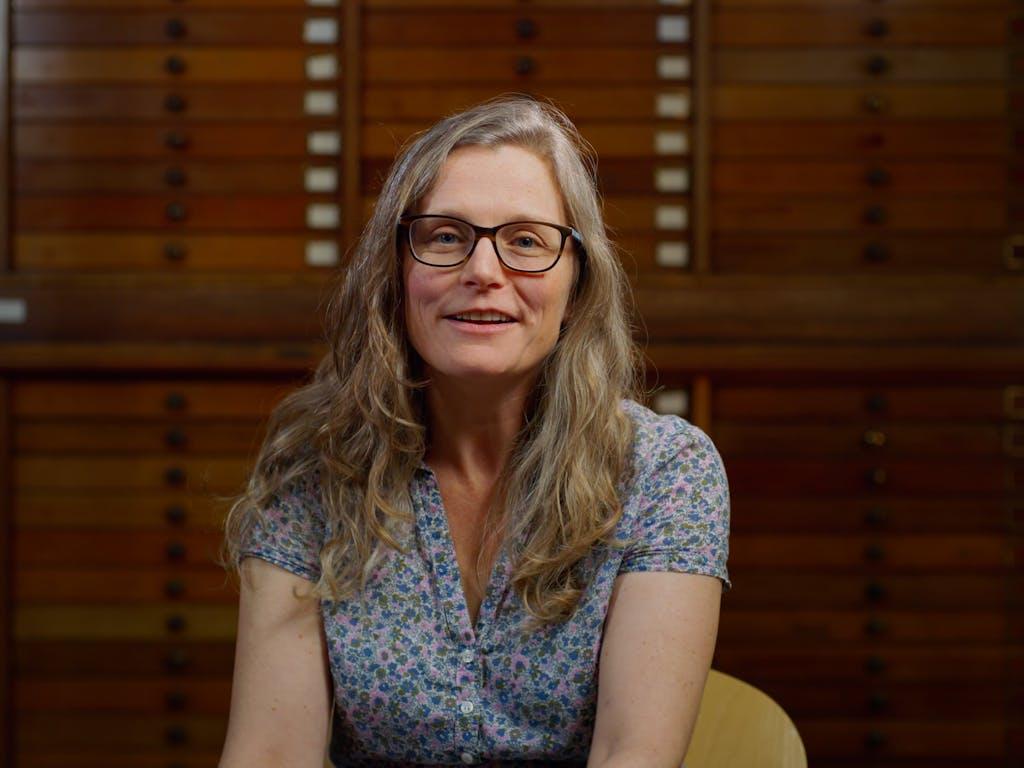

Lynn Dicks
Dr Lynn Dicks, Department of Zoology, University of Cambridge – Hungry for Change, Banking on a Wilder Tomorrow
Lynn is aconservation scientist focused on sustainable management of agricultural landscapes. Her research group works at the interface between agro-ecology, policy and the food and farming industry, with a particular focus on pollination services and wild pollinators. She is a University Lecturer in animal ecology in the Department of Zoology at the University of Cambridge, previously a Reader at the University of East Anglia, and an expert in sustainable farming and insect conservation. She is a Board Member of Natural England, and a Trustee of the Royal Entomological Society.
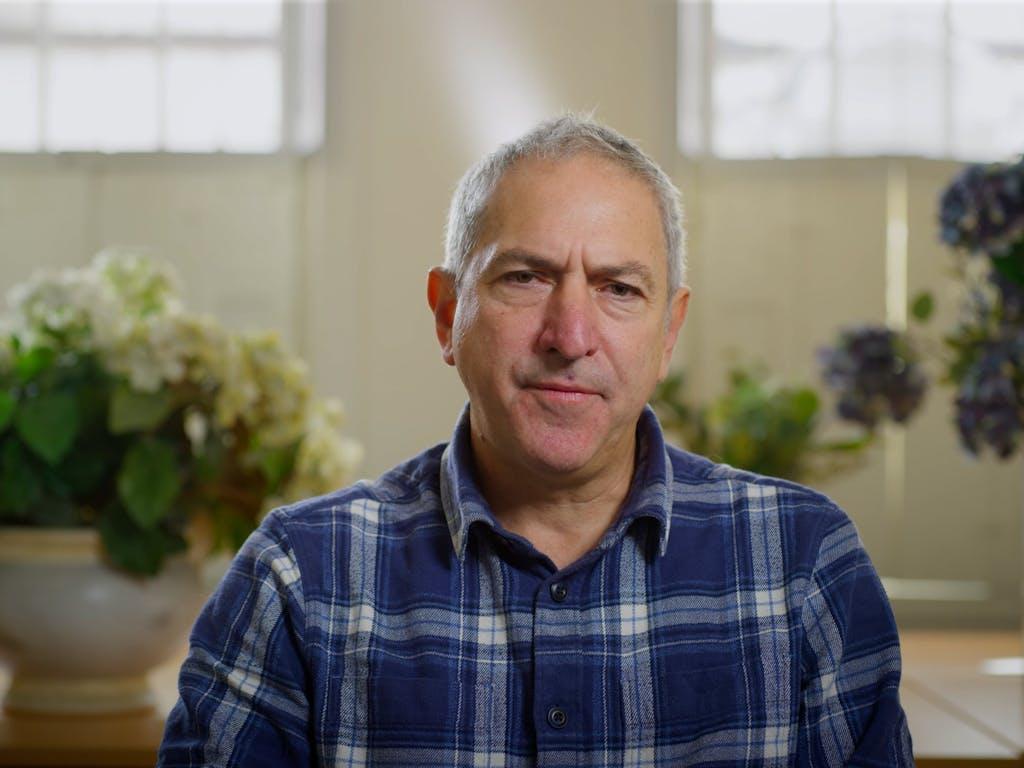

Pete Kibel
Pete Kibel, Co-founder of Fishtek Marine – Catch-22
Pete has a background as a fisheries scientist and is an entrepreneur with over 20 years’ experience working in fisheries across the globe, identifying and developing technological solutions to bycatch issues in the commercial fishing sector. The Kibel brothers (Pete and Ben) established Fishtek 20 years ago with the aim of developing technical solutions to resolve global marine bycatch issues and improve the sustainability of the fishing industry. Pete works closely with the rest of the team at Fishtek on strategy and new products as well as a broad range of collaborators in the commercial, academic and NGO sector.
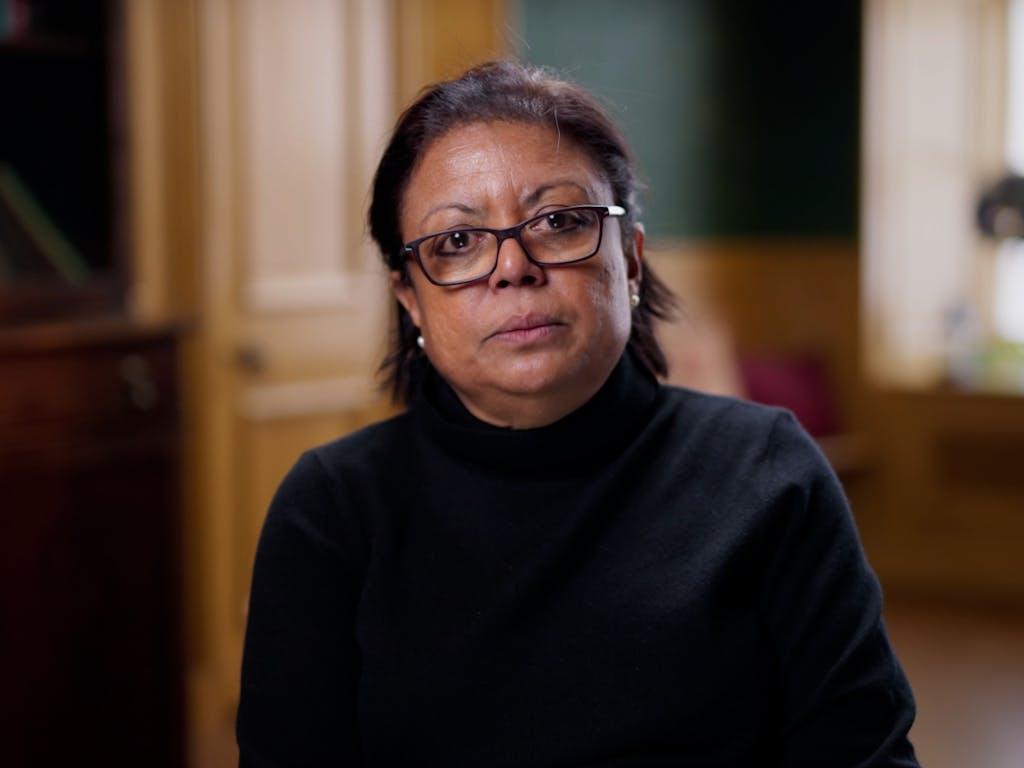

Indrani Lutchman
Indrani Lutchman, Independent Fisheries Expert – Catch-22
Indrani Lutchman is a marine biologist and fisheries scientist with extensive experience in designing, leading, and delivering successful projects on marine and fisheries issues in Europe, the Caribbean, Antarctica, and UK Overseas Territories including Bermuda, the Falklands Islands, and Gibraltar. She has a well-established reputation of working with scientists and policy makers in these countries and regions and at high-level negotiations of multilateral agreements at the UN Food and Agriculture Organization (FAO), and regional fisheries management organisations (RFMOs). Her expertise covers diverse aspects of fisheries and maritime policies and includes both desk-based research, as well as the provision of strategic and political advice to policy makers.
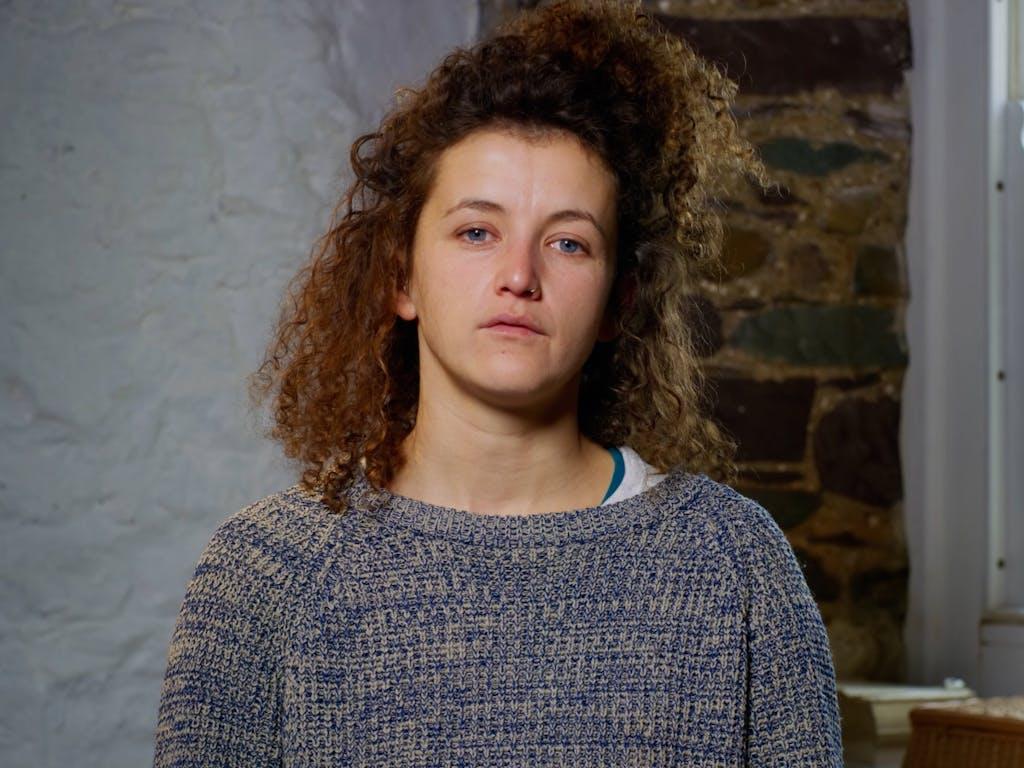

Megan Haines
Megan Haines, Co-Founder, Câr-y-Môr – Catch-22
Megan Haines is a Câr-y-Môr member, who was inspired by GreenWave in the US, which is a global network of regenerative ocean farmers that replicate small seaweed and shellfish farms along a coastline to de-acidify the oceans, regenerate marine eco-systems and grow healthy nutritious food. Whilst working at 'The Pembrokeshire Beach Food Company', she learned that no one was growing seaweed from ropes in Wales and that the owner had to import some from Ireland. With her dad, out of a job and in need of something to do and her anger about climate change, Megan was fed up with feeling like nothing was being done. So, working alongside her family with the support of our local community, Câr-y-Môr was born.
Growing up on the edge of the Brecon Beacons and spending family holidays at the beach, being outside was a big part of her childhood and helped her to nurture a close connection with nature and instilled within her a very powerful drive to take care of it.
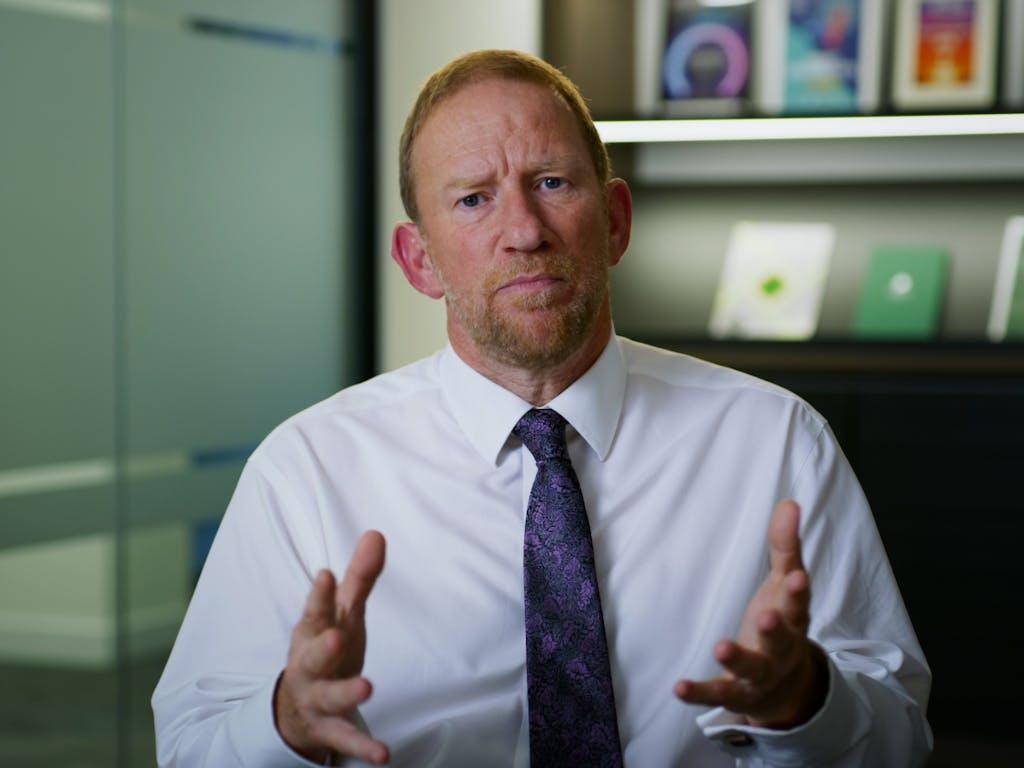

David Thomas
David Thomas, CEO, Barratt Developments - The Business of Nature
David Thomas became Chief Executive of Barratt Developments in 2015. He is a Non-Executive Director of the Home Builders’ Federation and Chair of the Future Homes Hub, which is tasked with transitioning the sector to net zero carbon.
Before joining Barratt, David was Group Finance Director and Deputy Chief Executive of The GAME Group. Before that, he was the Group Finance Director at Millennium and Copthorne Hotels, and has held senior financial roles within House of Fraser and Forte Group.







